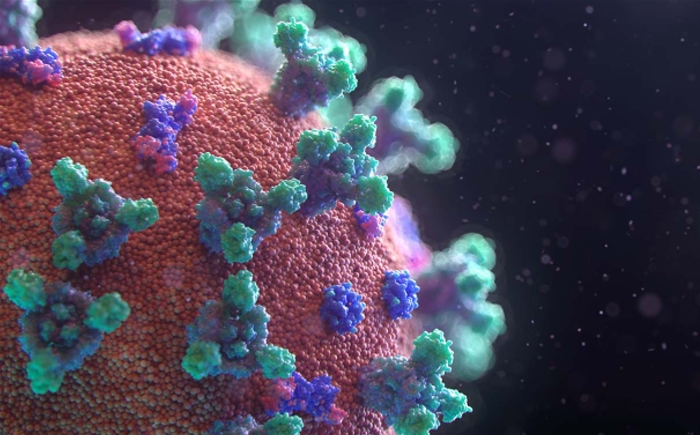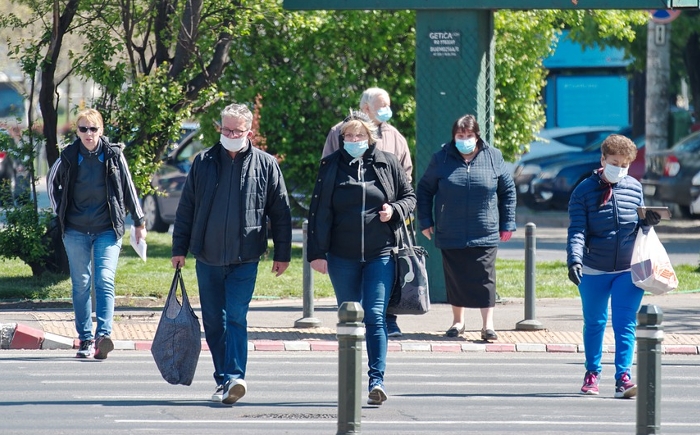What is Social Fabric and how is it translated into what we euphemistically call everyday/normal life? The definition given by Wikipedia includes “The organization and definition of groups within a social system depend on various shared properties such as location, socioeconomic status, race, religion, societal function, or other distinguishable features”. There are many other definitions dependent upon the criteria used to define them and often these are directed economically or system based. All definitions give an all-encompassing rationale so as to be inclusive. But what do we ourselves believe is the answer? So far, history shows us that the ‘silent majority’ will opt for safety in the status quo offered to them by the administration (in whatever form) even when, as is often the case, it runs contrary to their welfare and survival. From pre-history to today, humans have held the belief that the social construct under which they live is the best and only one, even if it has flaws. Offer them alternatives and they will battle until death to uphold “their” system. This is both wrong and right. Wrong because rigidity leads to dissolution through stagnation and right because all of us are entitled to hold our ‘own’ thoughts and views. Without them and their constant state of flux, we would stultify. Our very innate beings know that fixity though initially good and certainly essential in the inculcation of systems, is within a relatively short period of time counterproductive. Growth requires a degree of fluidity as it comes hand in hand with adaptation. And in order to adapt, freedom of movement is essential even when the direction turns out to be wrong or misplaced.

Societies along with language (human, machine and others), tangible items, cultures, thoughts (and all the rest) and advances are in a constant state of movement, often very minimal but often leading to a large change. In our desire to control our lives completely, we impose very rigid systems with some inbuilt escape mechanisms (mainly to let off steam and avoid endless warring--though that still goes on locally). We do however suffer the inevitability of decline as we hold on for dear life and become excessively rigid in maintaining our structures. This continual cycle of start, race on, start to slow down and then dissipate until a new variant of the same old comes along and we restart the cycle again continues. But the ‘pandemic’ we are currently undergoing has changed so many of the familiar landmark parameters of what we hold as society that we are stepping into the unknown and the tried and tested rules of the past do not always apply…
What will we still be able to do and what not? Since gatherings of more than a few people are proscribed, schools are being replaced with online/home schooling, and all manner of interactions have changed to the impersonal, with even more distancing than before, how will we meet? How will this tie in with the exchange of information, thoughts, brainstorming and all the mental, psychological, emotional, intuitive nuances of the passing of thought from one human to another? Extensive research often leading in dark directions like advertising (covering for social control) has shown the absolute need for humans to interact even with all the technology and modern means available to facilitate the passage of information. Information conveyed by other means does not allow for the exchange of ideas through debate, argument, inference or the fact that we stimulate each other to further advance the line of thought. This has in part led to our rather quick growth from hunter gatherer to agrarian to today because we freely intermingled and were stimulated to seek further. Our very survival depends on being able to achieve tangible, quantifiable results on most of the great conundrums that face us like the availability of fresh potable water, nutrition (food), energy and climate change to name but a few. Whether this will be open for debate or only selective in its process and implementation and solutions which will be to a large extent foisted upon us (often by nefarious means) is yet to be determined as the full extent of the changes we are currently and continuously experiencing is not yet apparent..
But when we look at our survival as a species, the foremost problem is that of finance or the livelihood of the average person. The United Kingdom reported that its GDP fell by 10% in 2020 while certain economists stated that it was the worst fall in 300 years (more than WW1 & 2). The global decline meant that apart from the fact that 1/3 or 33% of the world’s populace were at some point all locked down and so unable to earn and sustain life without outside intervention (administrative or charitable) leading to the entire economic system teetering on the edge of collapse. New and sustainable forms of employment need to be instituted so that people can earn a living or we face an even greater number of people living below the poverty line and having much to gain and little or nothing to lose by turning to crime, war and anarchy in order to stay alive What alternative would you choose if the unrelenting daily battle for survival faced you? What will the G7 and other developed countries implement for the unemployed to survive on limited benefits and how long can their economies carry this increasing burden? They all took a battering due to the virus and their economies are far from rebounding (though they would have you believe it’s all under control). Given the increasing use of robotics and AI, many labour intensive practices will become more automated as the “social distancing” promulgation increases and becomes permanent, leading to further job losses. And yet further alienation will occur through lack of resources (money) to partake fully in society and so separation increasingly will lead to disaffection and depression and the impact of depression on social economic decision-making.

So where does this leave us in terms of human rights? What abrogation of our fundamental right to freely intermingle and exchange communication openly will we accept? Are the social media platforms justified let alone legal to ban people whose views oppose the majority in the name of safety and fight the spread of disease against what they have perceived/decided is mis/wrong information? Why are the authorities of so many nations stifling debate when opposing viewpoints arise (let’s take out the conspiracists and stick with genuine concerns) when we know that there is never only one way to move forward and the usual solution contains elements of a variety of approaches. We have the capability to overcome this crisis and emerge with a clearer vision of what the future holds so that as humans, we can look to the future with a degree of confidence and not just base it on hope. The perpetual up/down economic cycle has almost run its course (as more economies see the implications for the long term sustainability of their nations and short term solution it offers) and this has added to humanity’s woes as the global establishment attempts to hold back the floodwaters engulfing them. With examples like the martyrdom of people like Julian Assange or others for either telling the unvarnished truth (backed with irrefutable evidence) or having opposing viewpoints arising, do we have a future where human rights are what we have achieved and fought for over centuries? If we come to accept a ceaseless and often relentless lessening and diminution of these rights, then may whatever you hold dear or sacred help us. Because the alternative is to face a future where in the end, the road to barbarity and the dehumanization of quite possibly a large section of society becomes the norm.
What is not written does not exist.
© The International OutsiderC0.Reg.No SC715702 . All Rights Reserved. Design by HTML Codex